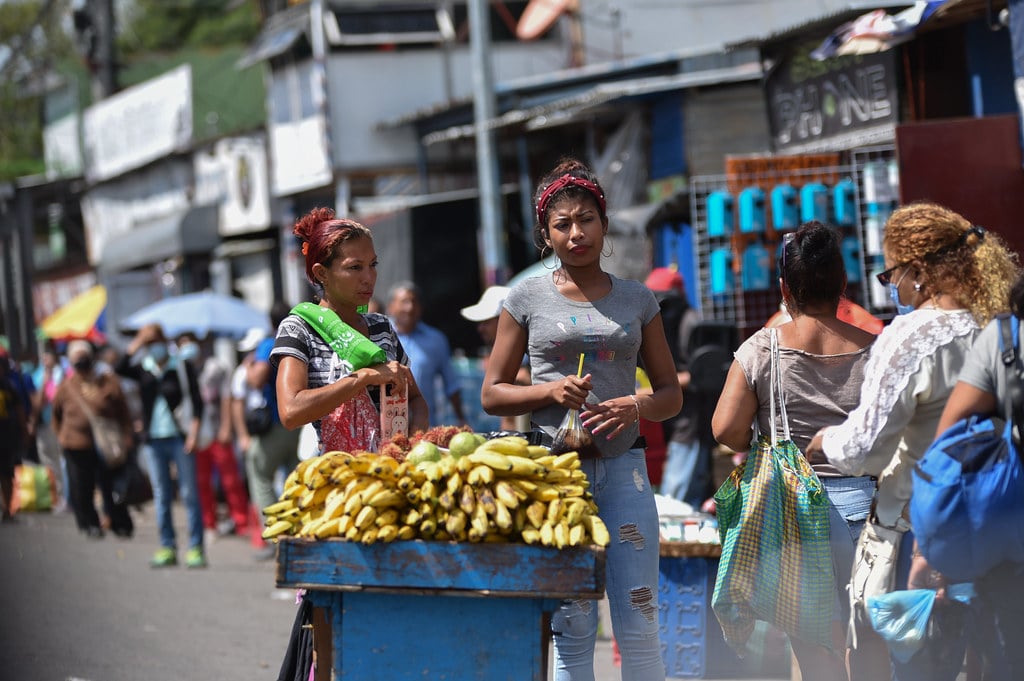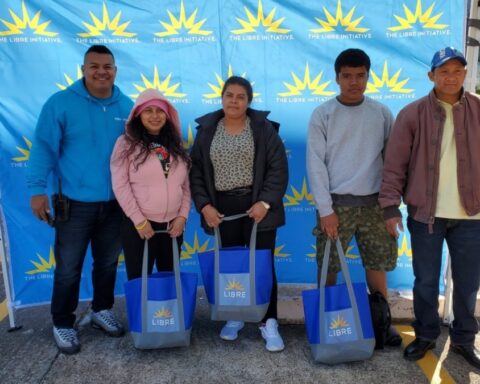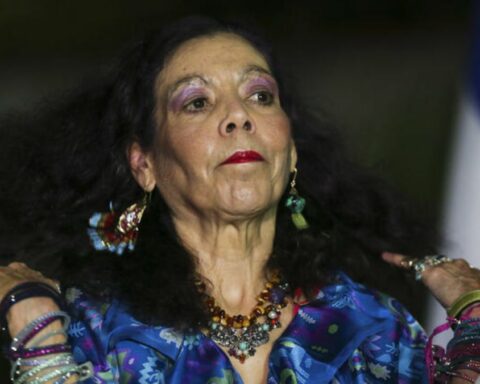Slightly more than three-quarters of 1,019 Nicaraguans who answered a CID Gallup poll, hired by CONFIDENTIAL, held in the third week of October, they consider that the country is going in the wrong direction.
76% of those consulted consider that Nicaragua is going the wrong way, while only 23% estimate that they were on the right track.
The respondents are Nicaraguan citizens over 16 years of age who own a cell phone, (50% men, 50% women), contacted by telephone throughout the country. The survey has a margin of error of ± 3.1%. 45% of those who attended the consultation have studies at the primary level; 44% were in secondary school, while the remaining 11% declared that they had a higher level of education.
In the medium term, 30% of respondents believe things will get worse in the next twelve months; 21% think that things will go the same as now – just as good, just as bad – while an optimistic 48% expect the situation to improve in the following year.
The economy: the main problem
Regarding the issues that most concern families, respondents highlight that it is neither the prolonged political crisis, nor the fear of getting sick from covid-19, but the economy. That is the reason for many anguish within each household, with 39% admitting their concern about unemployment, and 32% pointing to the high cost of covering basic needs.
For 16%, the third reason is the prevalence of crime and violence in their place of residence, while 15% identified the risk of the coronavirus pandemic; 6% to the political situation, and other issues such as the poor state of transportation, housing and education, received marginal percentages.
When segregating by educational levels, the data show that those who accumulate more years of studies are the ones who most point to unemployment as their greatest concern. On the contrary, those who have less education are those who declare that they do not have enough money to cover their basic needs.
By age, almost half of the 16-24 age group complain about unemployment, while those over 50 are those who reveal that they have less money than they need.
The covid-19 pandemic: they do not believe the Government
The SARS-CoV-2 virus, which still determines the performance of people’s behavior, and of the global economy, was also a reason for consultation with citizens: only 31% of them consider that the Government does a job ‘good or very good ‘to face the pandemic, while 38% postpone it, and the remaining 31% rate it “regular”.
Four out of ten (41%) report that someone in their household became ill with covid-19, and 27% of those surveyed say they have a close relative who died from the devastating disease
Eight out of ten respondents (82%) said they are sure that more people have died than those recognized by the Government, whose count as of this October 25 is 208 deaths, with more than a year reporting a single death per week, while the Independent monitoring of the COVID-19 Citizen Observatory records more than 5,887 deaths as of October 20.
In terms of vaccination, only 5% claim to have completed the vaccination schedule (first dose and a booster), while another 10% have already been inoculated for the first time, and are waiting to receive the second injection. The remaining 85% have not received any vaccine.
68% want to emigrate from Nicaragua
Given the national panorama and the family and personal conditions, the number of people interested in emigrating outside the country amounts to 68%, which is within the trend of other previous surveys that show 72% of those consulted expressing their decision to leave the country.
Less than a third (31%) say they would not leave Nicaragua, even if they had the opportunity, while the remaining 1% did not know what to answer, or simply did not respond.
61% of those who do yearn to be able to leave say they would do so motivated by the country’s economic situation, with 28% wanting to leave to seek a better future; 17% due to the political situation; 14% because of the insecurity caused by crime and drug activity, and finally 4% that they would do so because they already have other relatives who emigrated a long time ago, and 2% that they would do so for health reasons.
14% receive government aid
When inquiring about the people who have benefited from a government social program, 14% say that they have been chosen as the recipient of some type of government support, while 85% of those surveyed have not received any kind of help, nor has it been included in any social program in 2021.
The segmentation of the information shows that the average type who received this aid is a man over 50 years of age, with little education, while the least benefited was a young woman from secondary school. This image arises from confirming that 20% of men received some kind of support, but only 9% of women had the same fortune.
By age, 23% of people who had lived half a century or more were luckier than those between 25 and 29 years of age (only 14% were included in the recipient lists), along with 12% of those who have between 16 and 24 years old.
Measured by level of education, among the minority that recognize a benefit, 19% have primary education; 14% higher education level, and 10% of those who reached secondary school, saw their income supplemented with some type of government transfer.








